
Electric Vehicles in Indonesia – A Political Economy Analysis
This research, conducted by E3G in collaboration with IESR, aims to delve into the political economy of electric vehicle (EV)

This research, conducted by E3G in collaboration with IESR, aims to delve into the political economy of electric vehicle (EV)
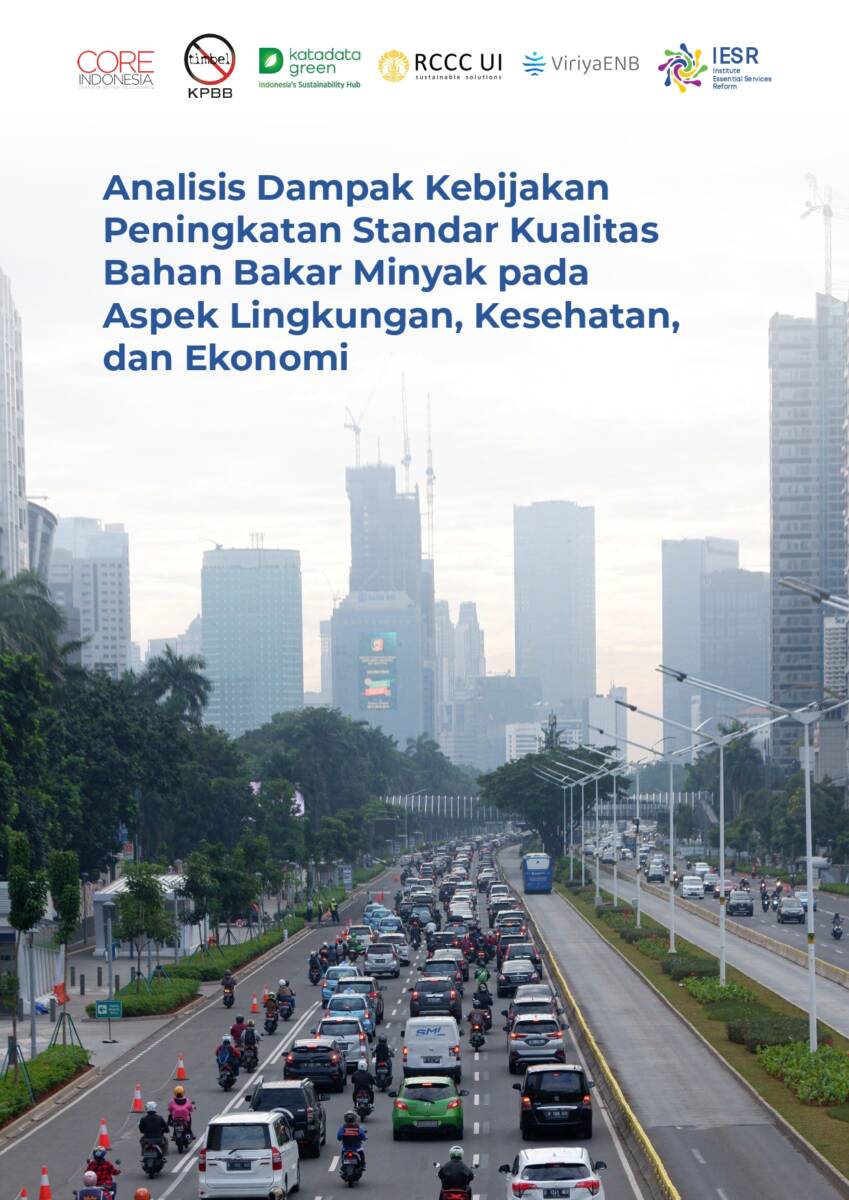
The research, conducted jointly by IESR, CORE Indonesia, KPBB, and RCCC UI, used a simulation model to project changes in
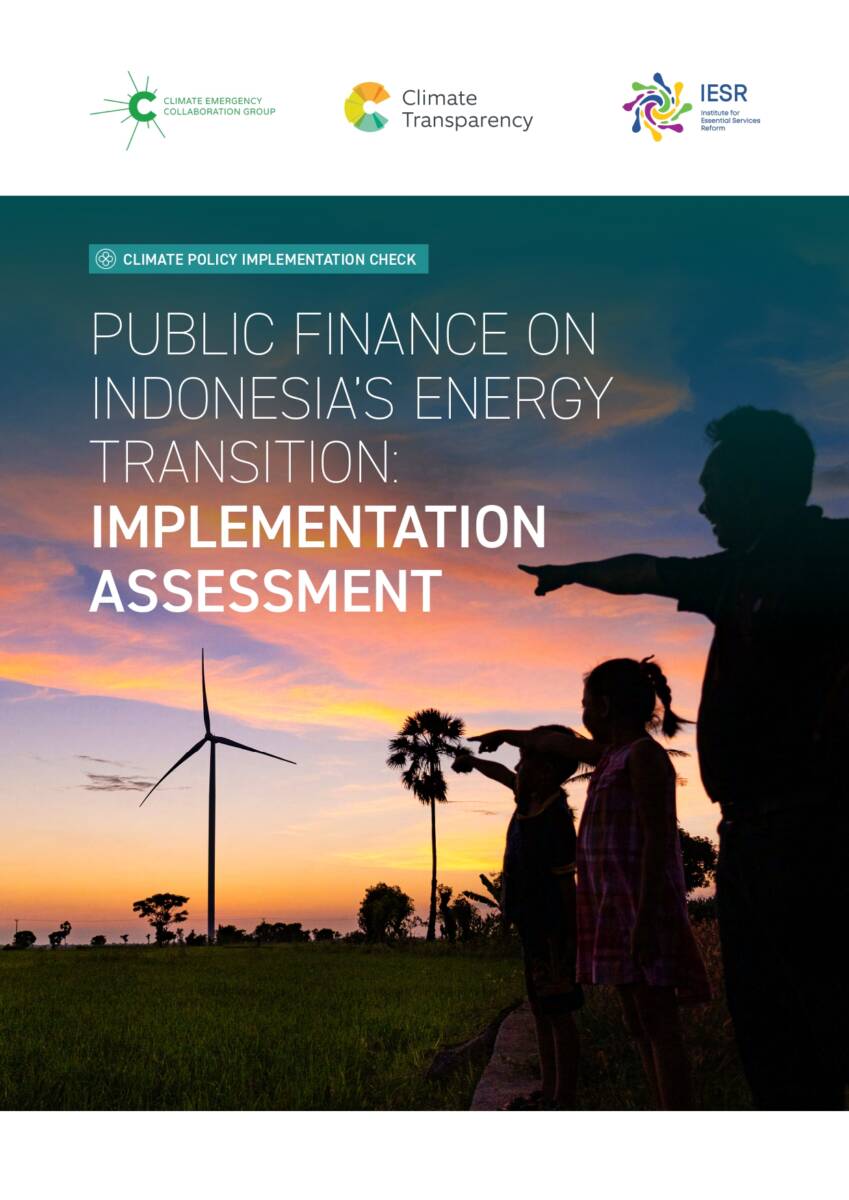
This publication highlights the challenges faced by Indonesia in its transition to a low-carbon economy, particularly in securing the necessary
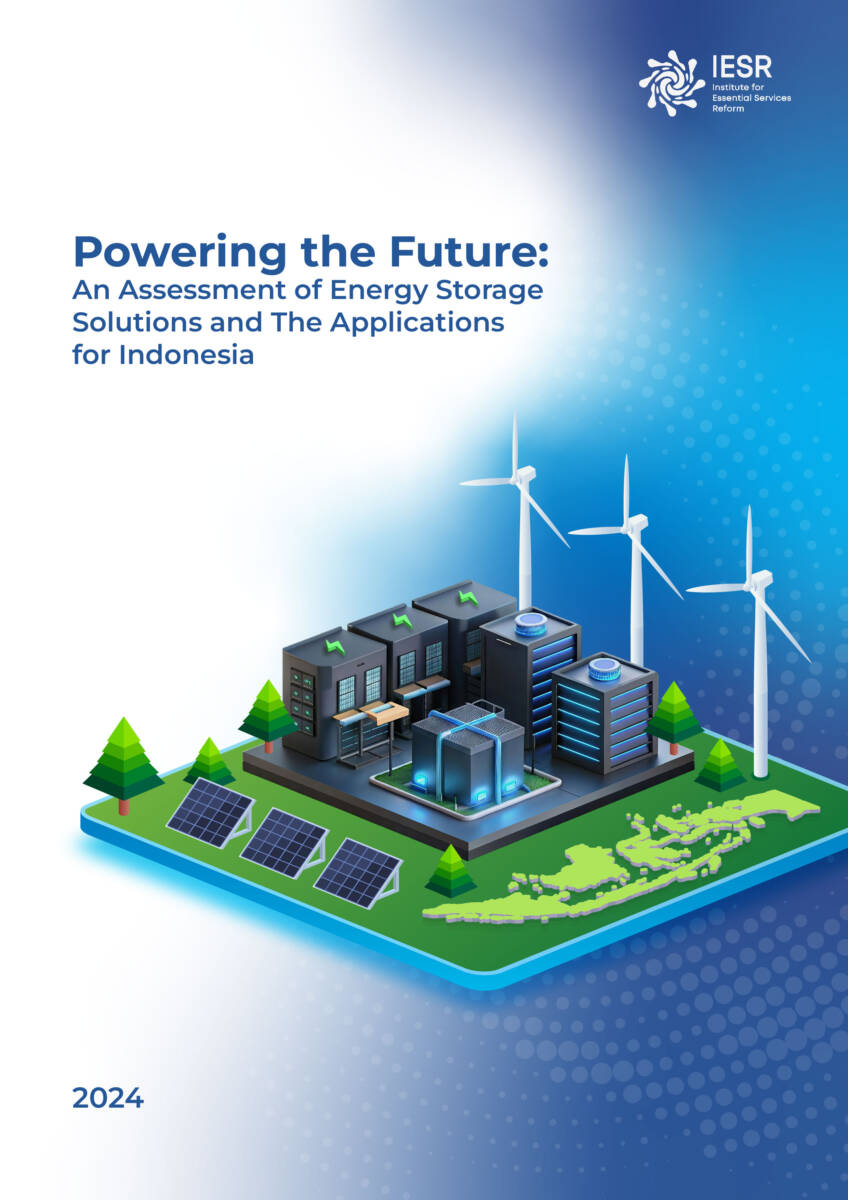
Indonesia has big ambitions to become a major player in the electric vehicle (EV) industry. However, the journey towards this
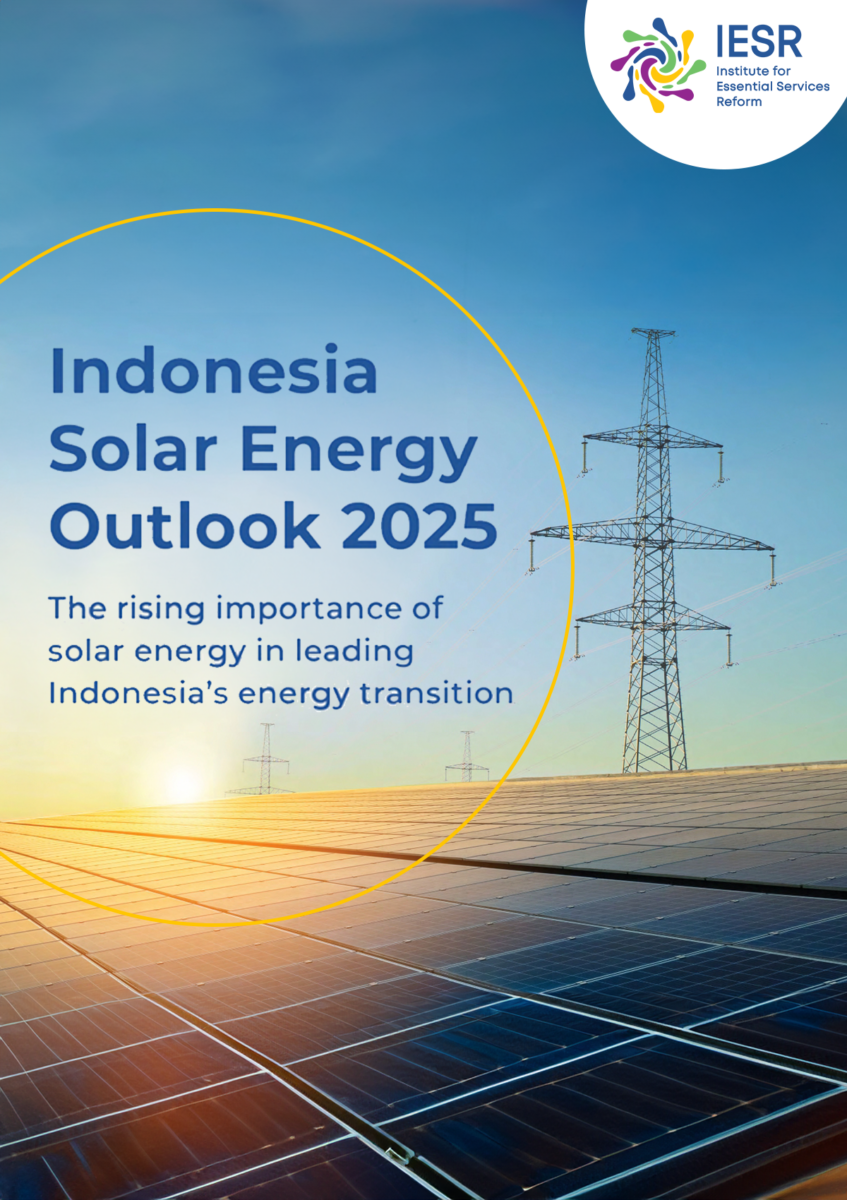
Indonesia Solar Energy Outlook 2025 highlights the crucial role of solar power in improving Indonesia’s energy security. The report analyzes
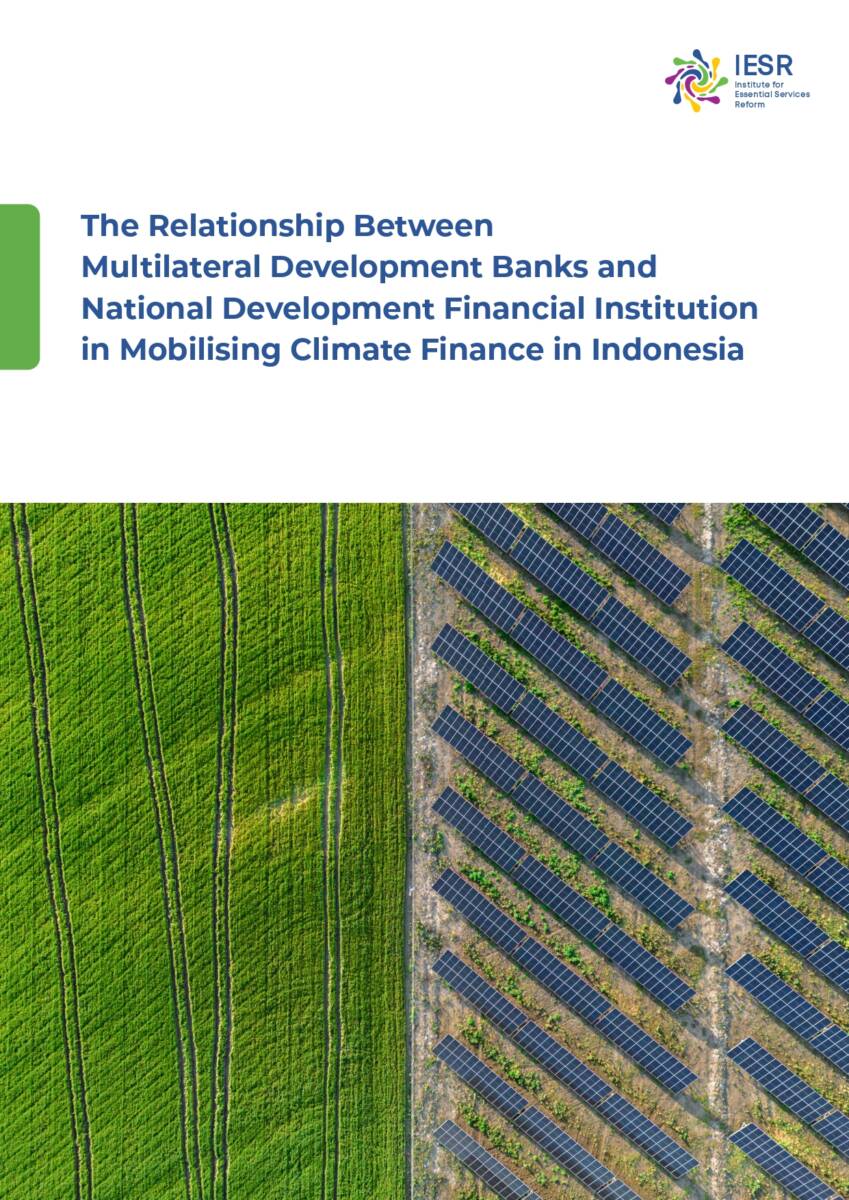
This publication examines the relationship between multilateral development banks (MDBs) and national development finance institutions (DFIs) in mobilizing climate finance
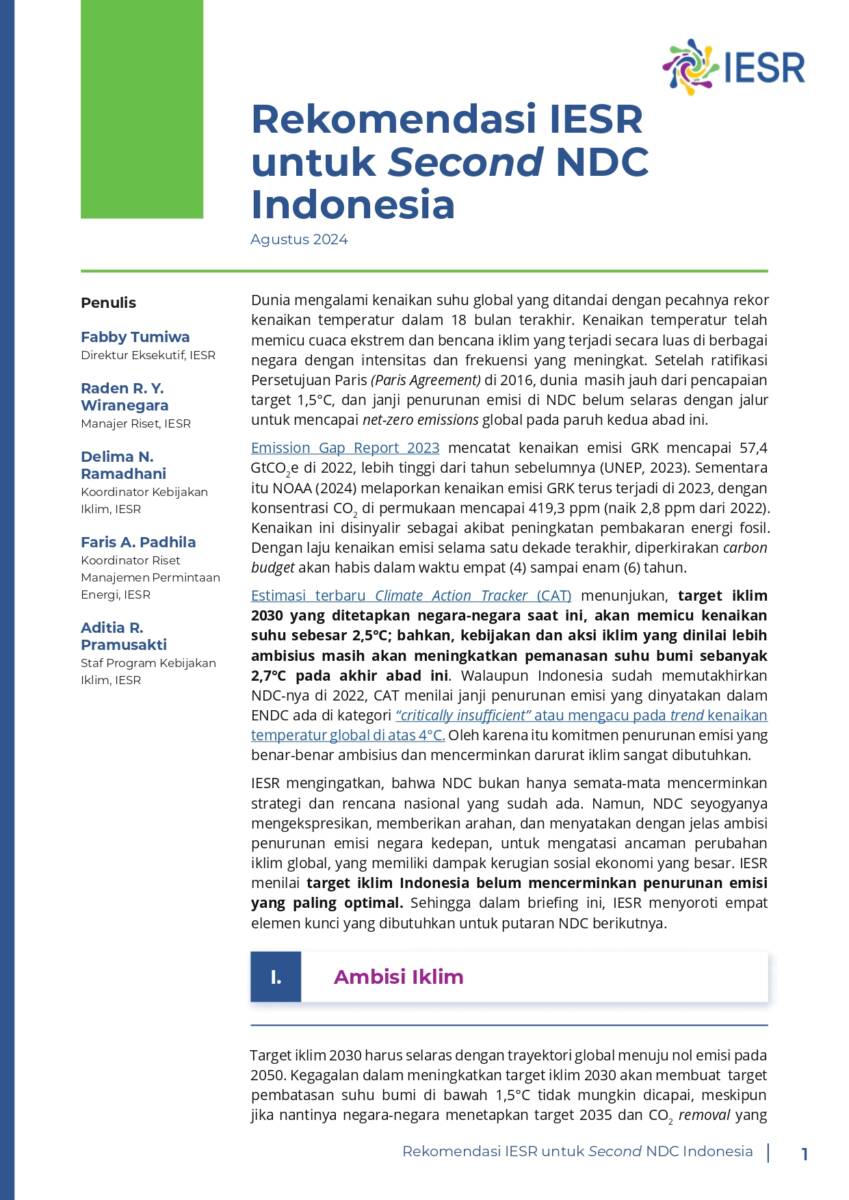
The world is experiencing a global temperature rise characterized by record-breaking temperature rises in the last 18 months. Rising temperatures
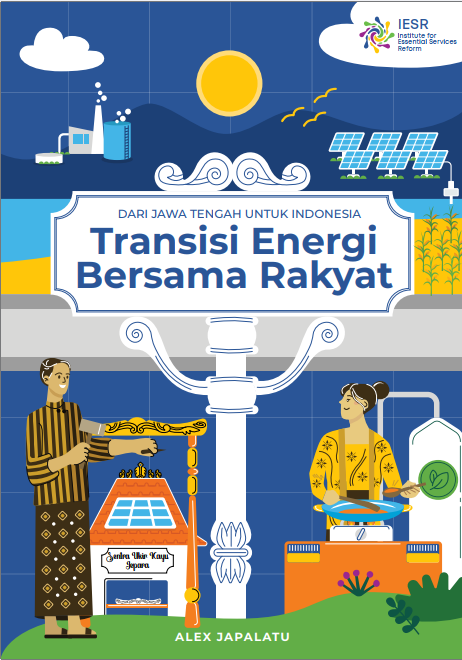
This inaugural Jelajah Energi was conducted in Central Java as part of our collaboration with the Central Java Provincial Government.
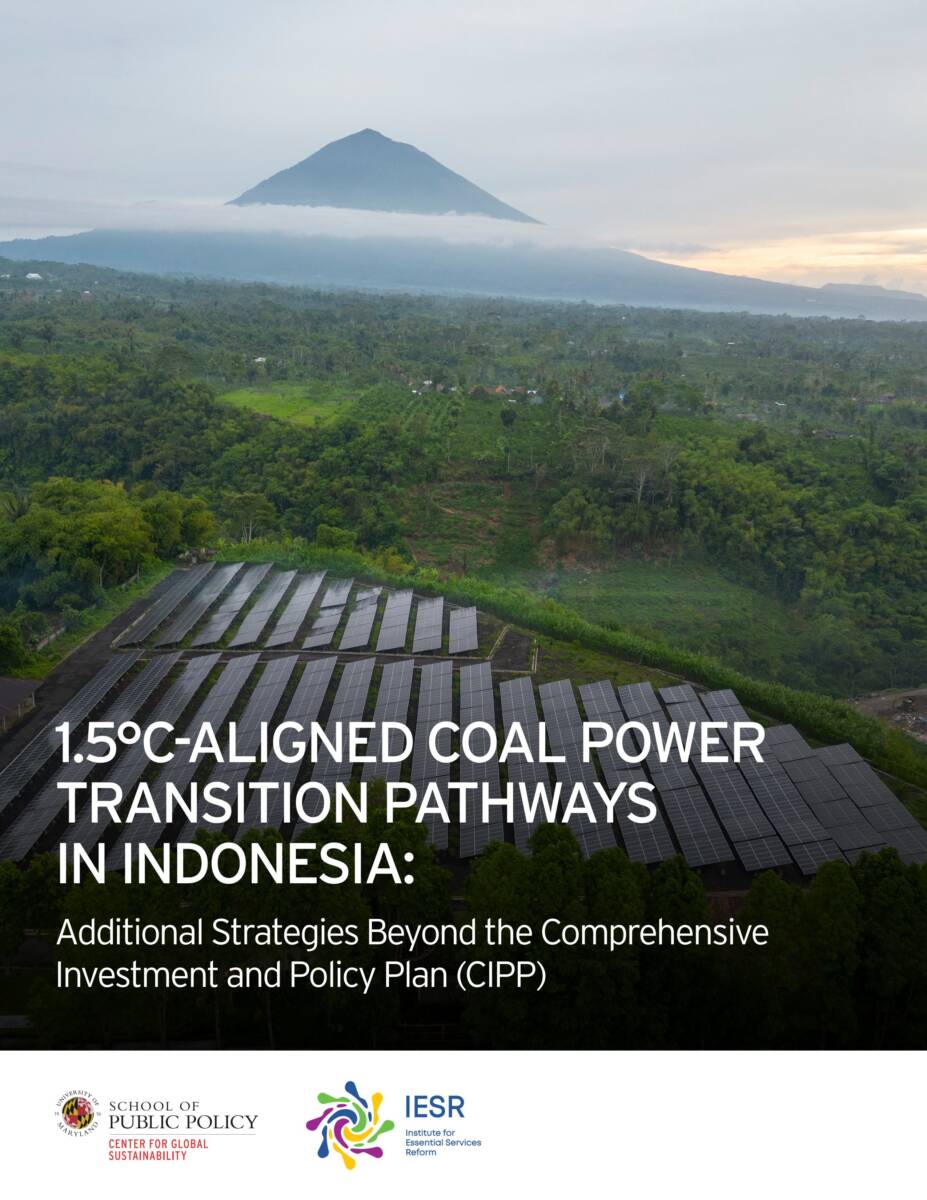
Additional Strategies Beyond the Comprehensive Investment and Policy Plan (CIPP) Indonesia, one of the world’s largest coal producers, aims to
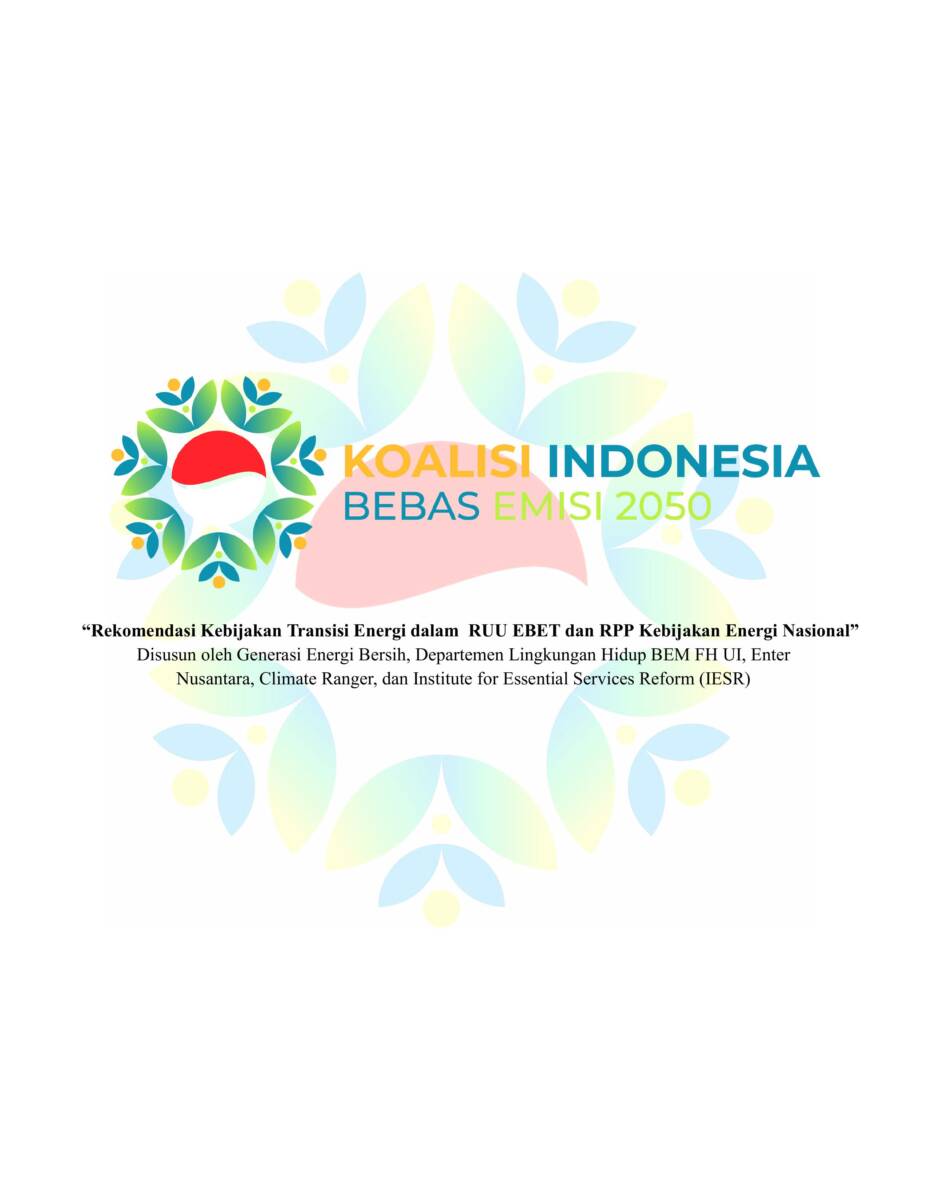
This document contains recommendations for energy transition policies contained in the Draft Clean and Renewable Energy Bill (RUU EBET) and
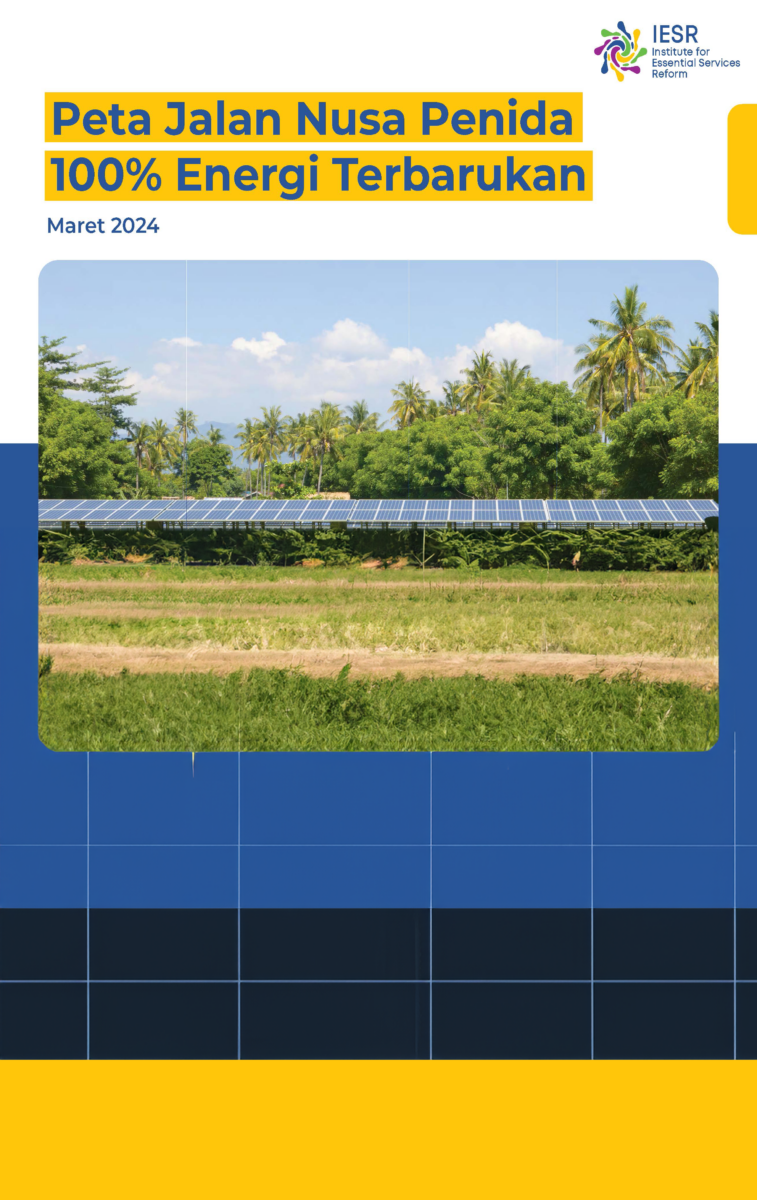
A report by the Institute for Essential for Services Reform (IESR), World Resources Institute (WRI) Indonesia, and New Energy Nexus Indonesia, with the Bali Government.
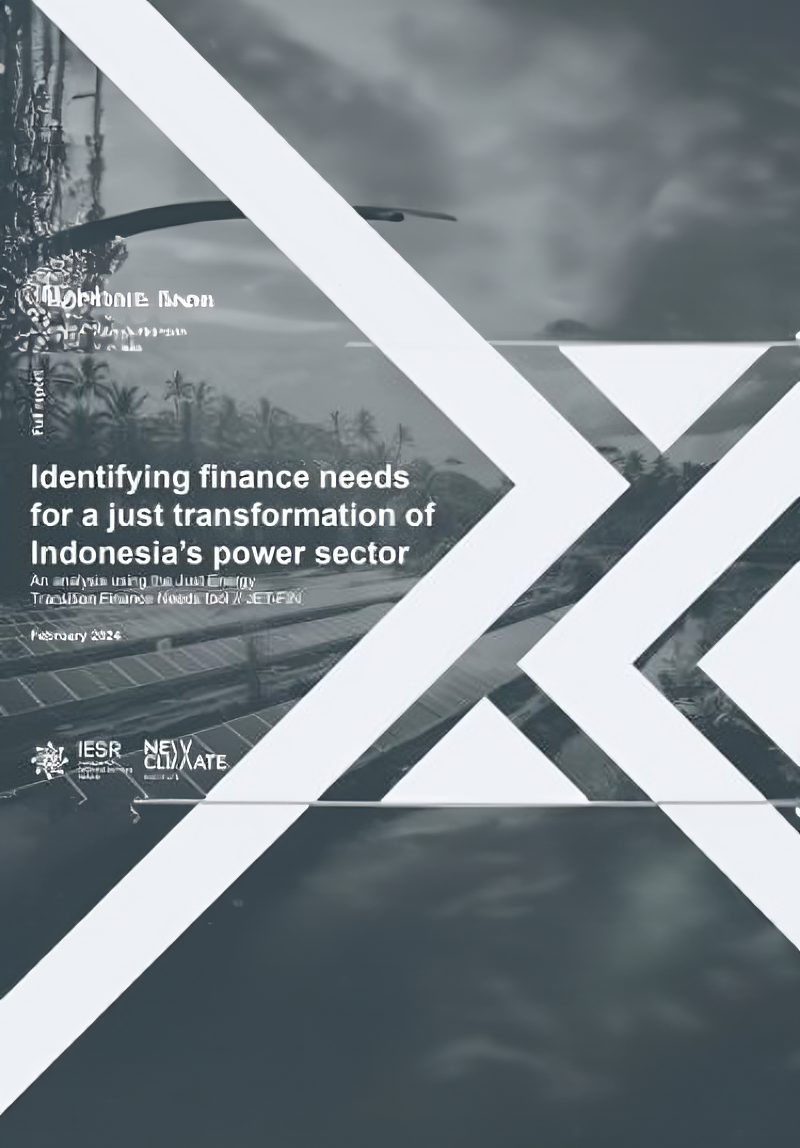
This initiative, known as Indonesia’s Just Energy Transition Partnership (JETP), places a pivotal emphasis on curtailing emissions from the power sector, initially peaking them and subsequently reducing them, with the indispensable backing of both public and private financial institutions.
